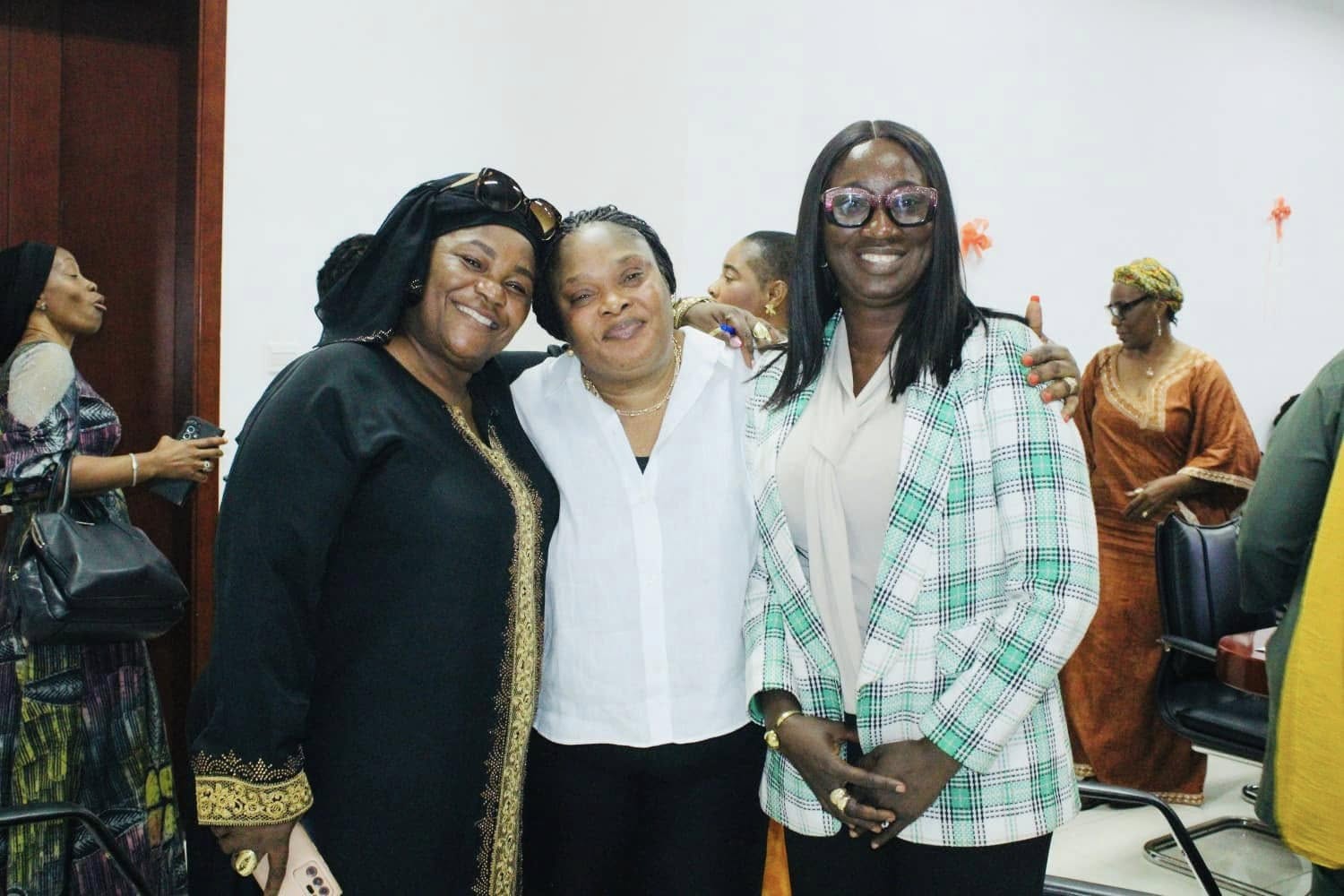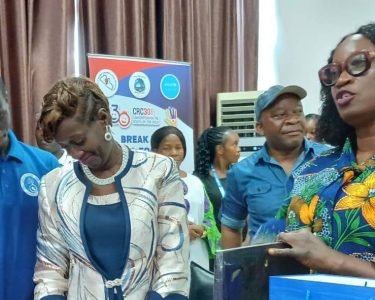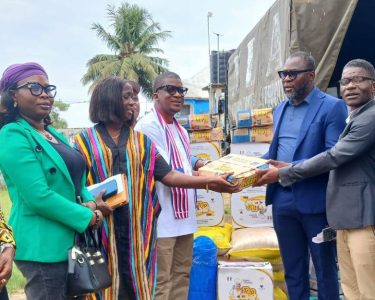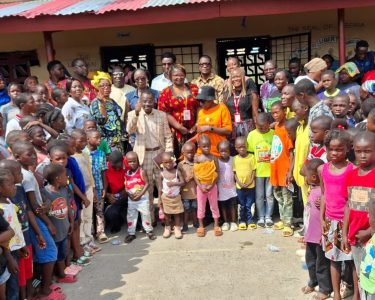The Ministry of Gender, Children and Social Protection in collaboration with the House’s Standing Committee on Gender, successfully hosted the First National Policy Dialogue to review three key laws aimed at supporting women’s empowerment.
This landmark event convened a diverse range of stakeholders, including lawmakers, development partners, civil society actors, many representing women-led organizations and relevant line ministries of the Government of Liberia.
Held on Friday, December 13, at the EJS Ministerial Complex, the dialogue provided a platform for open discussions and collaborative action to strengthen legal frameworks that advance gender equality and women’s empowerment. As part of the National Policy Dialogue Platform, launched in May 2024, the initiative aligns with Liberia’s National Development Plan and underscores the Government’s commitment to addressing legislative gaps that impede the rights and opportunities of women and girls.
The dialogue focused on three pivotal legal instruments: the Female Genital Mutilation (FGM) Bill, the Amended Elections Law of 1986, and the Women’s Legal Service Bill, under the theme “Breaking Legal Barriers, Advancing Laws: Strengthening Policy Frameworks for Gender Equality and Women’s Empowerment.” These proposed laws represent Liberia’s collective resolve to safeguard the rights of women and girls while fostering an inclusive and democratic society.
In her opening remarks, Hon. Gbeme Horace-Kollie, Minister of Gender, Children, and Social Protection, emphasized the importance of multi-stakeholder collaboration. “The Government of Liberia recognizes that tackling transformative issues requires the active participation of all stakeholders. Today’s dialogue underscores our shared responsibility to advance laws that protect and uplift women and girls. Together, we can ensure that our policy frameworks reflect the aspirations of a society where everyone thrives,” she stated.
Representatives Moima Briggs-Mensah of Bong County and Senator Botoe Kanneh of Gbarpolu County pledged their support for championing the amendments but stressed the need for collective action. Civil society organizations also highlighted the importance of grassroots engagement and public awareness to ensure the proposed reforms reach the most vulnerable populations. Development partners, including the World Bank, reaffirmed their support, noting their commitment to providing technical and financial assistance to promote Liberia’s gender equality agenda.
The dialogue concluded with a consensus to develop a multi-stakeholder action plan for advancing the implementation of these laws. Follow-up engagements will be hosted by the Ministry of Gender and the House’s Standing Committee on Gender to monitor progress and ensure tangible outcomes. Organized under Component 4 of the Liberia Women Empowerment Project (LWEP), the initiative also aims to strengthen public institutions to generate sex-disaggregated data, implement gender-focused policies, and support institutional reforms that promote equality.
This historic dialogue marks a significant milestone in Liberia’s efforts to create an enabling environment where women can thrive as equal partners in national development. By fostering collaboration, accountability, and legislative reforms, Liberia continues to lay the groundwork for transformative change.
#liberiawomenempowermentproject










